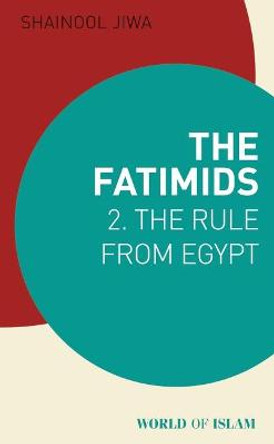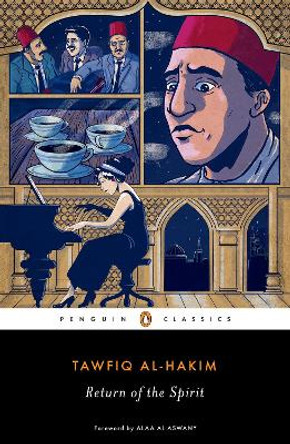This study explores the distinctive features of Fatimid ideology and propaganda, as demonstrated in the largest and most notable mosque of this era, built in Cairo during the Fatimid period (909-1171 AD). It specifically examines the numerous Quranic inscriptions decorating various parts of the mosque. These inscriptions are scrutinized in light of Arabic theosophic writings from the same period. This study also highlights the mosque's significance as a primary medium for Fatimid propaganda (da'wa), aimed at disseminating Fatimid religious ideology throughout the Islamic world. A substantial part of this work is dedicated to the figure of Imam al-??kim, who played a key role in the completion of the mosque bearing his name and was revered as a divine representative on Earth.
About the AuthorHousni Alkhateeb Shehada, Ph.D. is a Senior Lecturer at The Academic College Levinsky-Wingate, Tel Aviv, and Bezalel, Academy of Arts and Design, Jerusalem. His academic activities and interests concern classical Arabic and modern literature; Islamic history with particular attention to the treatment of animals; history of art, particularly Islamic art and architecture, and contemporary Palestinian art (including curations of exhibitions and their catalogues). He has also published two books of Arabic poetry.
Book InformationISBN 9781399538732
Author Housni Alkhateeb ShehadaFormat Hardback
Page Count 312
Imprint Edinburgh University PressPublisher Edinburgh University Press





